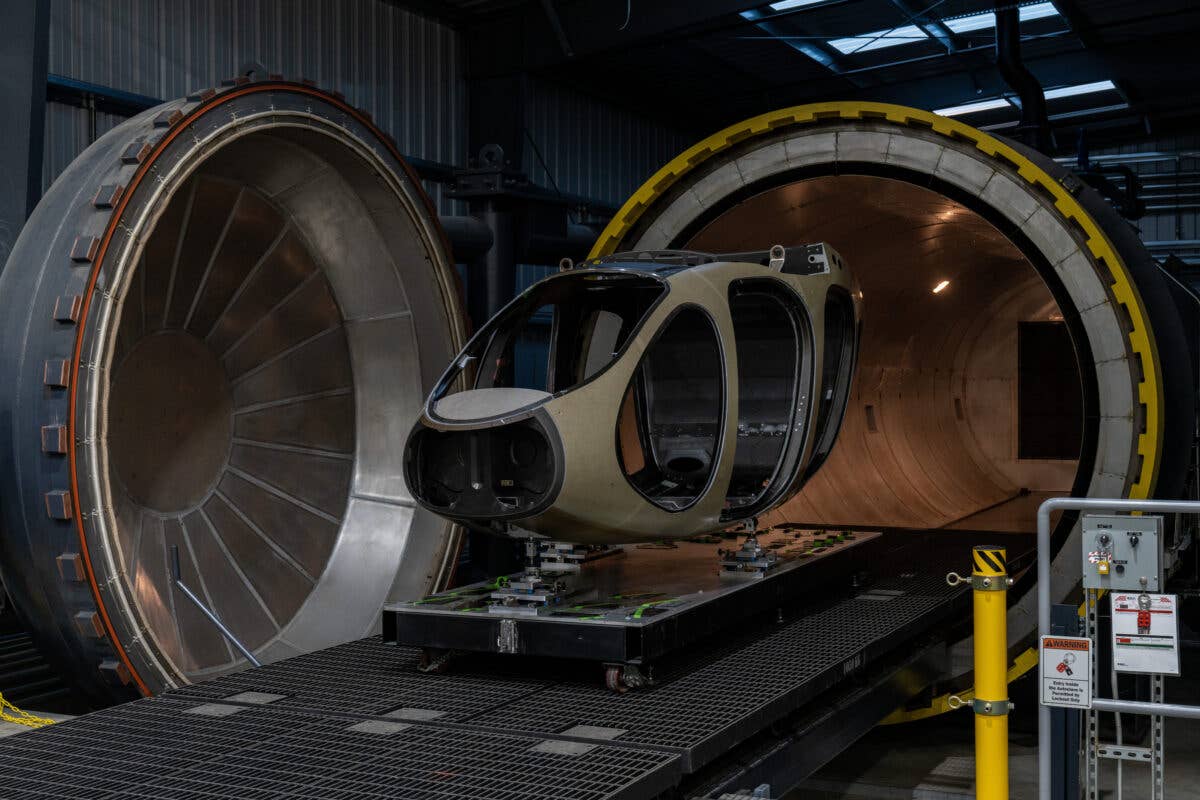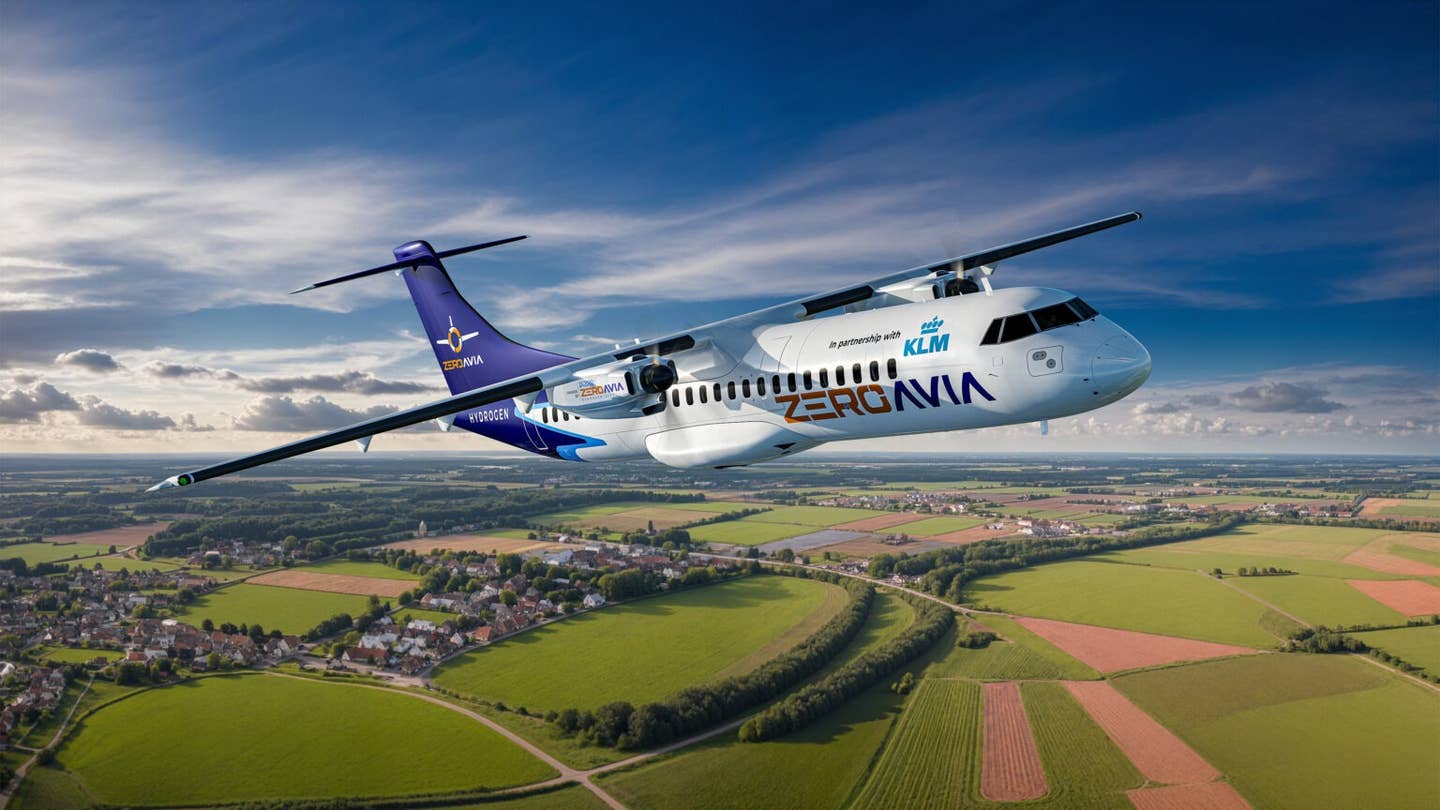Joby Aviation Names Huerta to Board of Directors
The eVTOL manufacturer continues its certification path for parallel customer bases.

Joby Aviation moves forward on its path towards launching its eVTOL solution for advanced air mobility and sustainability targets. [Courtesy: Joby Aviation]
Joby Aviation’s [NYSE: JOBY] founder and CEO, JoeBen Bevirt, verified that the company remains on track in its path towards FAA certification—and it bolstered that assessment with the announcement on Friday it has added former FAA Administrator Michael Huerta to its board of directors.
Huerta joins former FAA Acting Administrator Dan Elwell on the board of the company, which seeks to bring to market an all-electric aircraft for commercial air transportation.
“Michael is joining our team at a pivotal time for Joby and the broader eVTOL industry, and his dual seat on Joby and Delta’s Boards will be invaluable as we prepare for commercial operations,” said Bevirt. “He has been a strong proponent of electric aircraft and future aviation technologies, and we’re grateful for the passion and depth of experience he brings to our team.”
In a roundtable meeting on Thursday, March 23, FLYING spoke with Bevirt along with executive chairman Paul Sciarra (co-founder of Pinterest) and board member Reid Hoffman (co-founder of LinkedIn, member of Pentagon’s Defense Innovation Board), regarding its progress in building its vertically integrated production capability and capacity alongside the certification pathway.
“This is a progression that’s been happening over a period of time,” said Bevirt to kick off the meeting. “It’s been a dream of mine since I was a little boy.” But when he originally looked at starting development of an electric aircraft capable of vertical takeoff and landing in the mid-‘90s, the batteries weren’t ready. Bevirt co-founded a robotics company, Velocity 11, in 1999 and put the dream on hold until almost 15 years ago when the technology had advanced sufficiently to support his vision.
The battery tech has moved from 50 watt-hours/kilogram in the 90s to 170 watt-hours/kilogram in the late 2010s to today, where Joby utilizes 300 watt-hours/kilogram batteries. That’s still a small fraction of the specific energy that liquid fuels contain—but it “gives us the ability to build aircraft that are sustainable, and that can take off and land vertically,” said Bevirt, and meet the company’s initial design goals.
Early Investor Delta Air Lines
In a statement, Joby noted Huerta’s ties to the company: “Huerta also serves on the board of directors for Delta Air Lines, which announced a multi-year, multi-market commercial and operational partnership with Joby in October 2022. As part of the agreement between the two companies, Delta made an up-front equity investment in Joby of $60 million, with a total investment of up to $200 million possible based on the achievement of mutually agreed progress milestones.”
Delta CEO Ed Bastian commented on the appointment, saying, “Joby and Delta are pioneering a groundbreaking new way to travel. Michael’s aviation experience is a tremendous benefit to both companies as we work to deeply integrate our two services to make booking travel easier, the end-to-end journey more seamless, and to deliver customers maximum time savings.”
In the roundtable, Bevirt, Sciarra, and Hoffman also discussed Joby’s work with the Department of Defense, and how that early collaboration has laid the groundwork for deeper investment—and the projected ability to scale sooner following certification. Notably, Bevirt indicated that the SFAR needed to establish temporary operating and airman certification regulations for powered-lift aircraft appeared to be on track.

Subscribe to Our Newsletter
Get the latest FLYING stories delivered directly to your inbox






